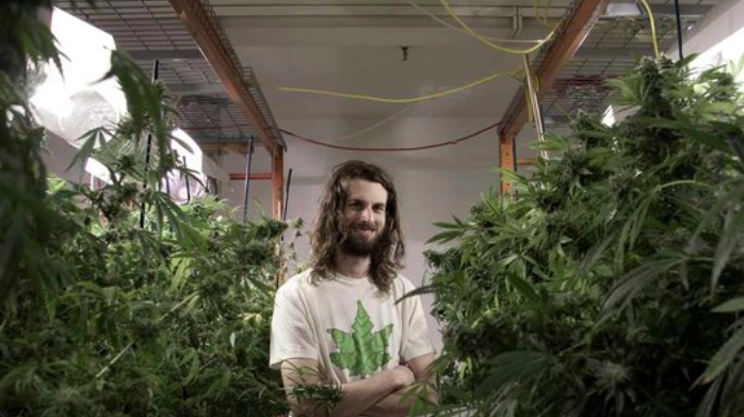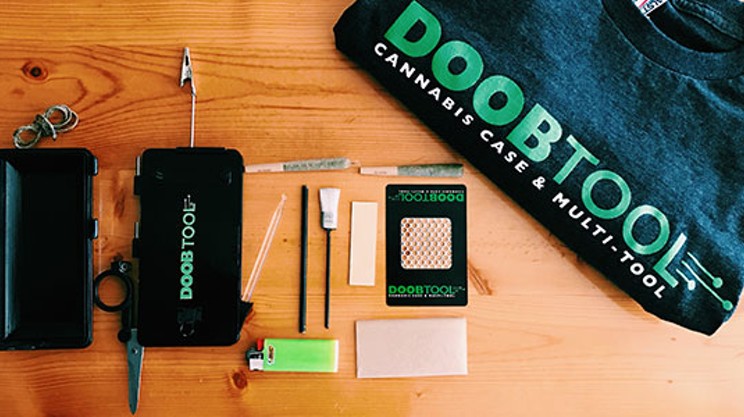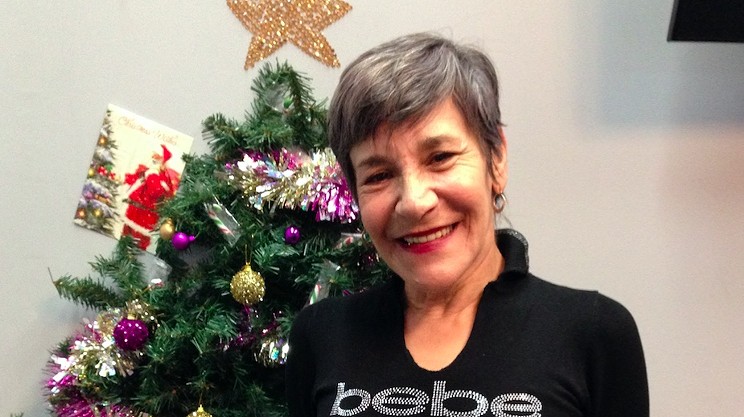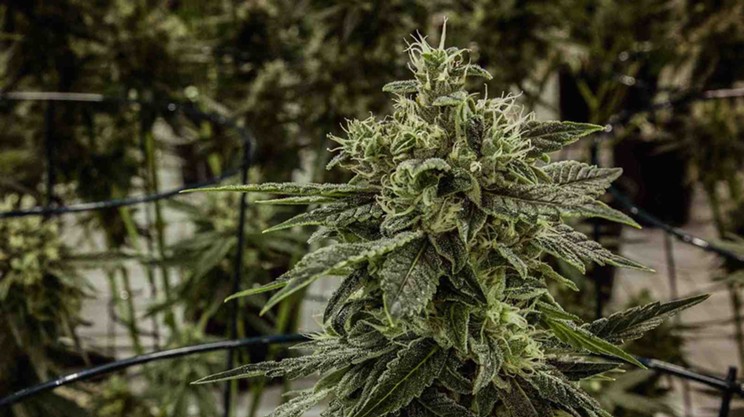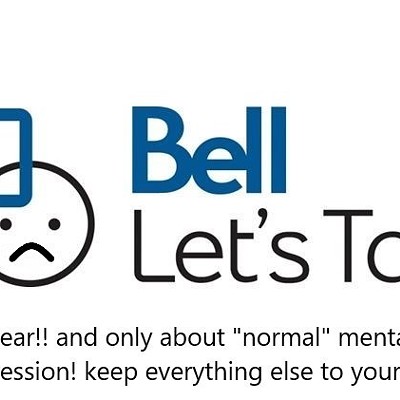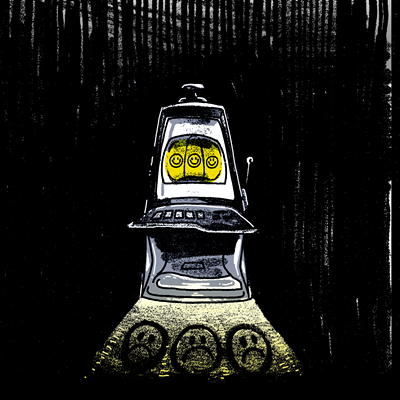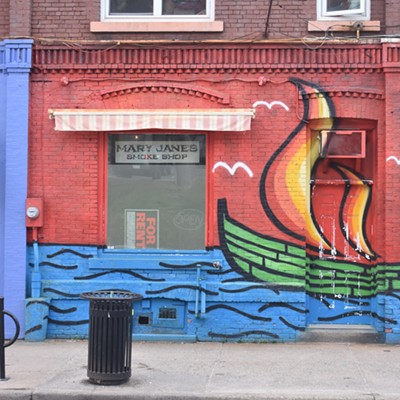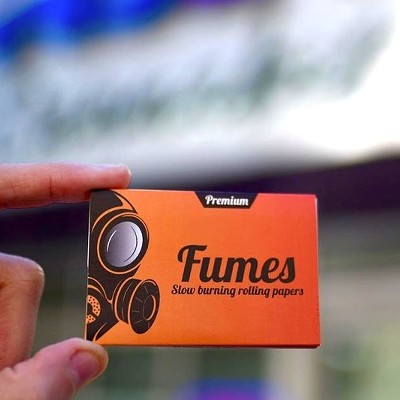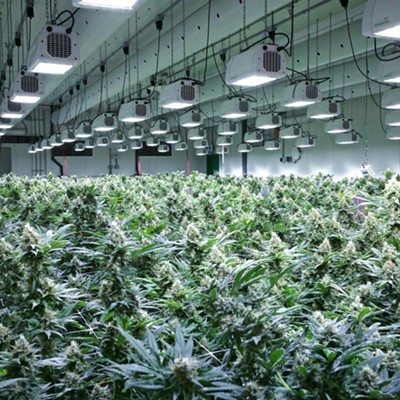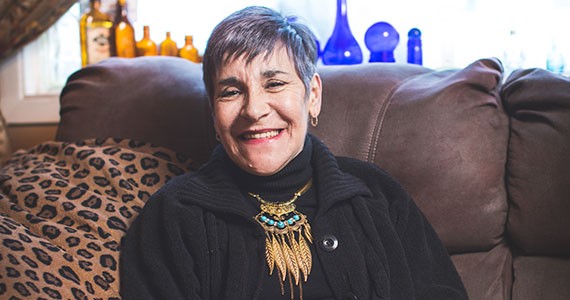
Even though it may seem like the illegality associated with weed today is akin to the criminal severity of something like jaywalking, the fact is that here in Nova Scotia, under many circumstances, having, selling or smoking the stuff could still get you thrown in jail.
That’s exactly what may happen to Shirley Martineau, owner of Auntie’s Health and Wellness Centre, which was closed down earlier this month after Martineau decided on her own accord to begin providing access to medicinal marijuana to anyone over the age of 19—regardless of a prescription.
Auntie’s was one of dozens of dispensaries that have been opening across the country—early prospectors hoping to stake out a claim in anticipation of the federal government’s expected legislation to legalize marijuana. It’s a grey zone of legality for medicinal marijuana advocates, but pretty black-and-white to the authorities.
“I never thought in my mind that I was dealing, believe it or not,” says Martineau. “It was so in my heart and in my gut that I couldn’t believe that it was something that was wrong.”
Following the lock-out of the Barrington Street dispensary, Martineau is wondering how she will be able to continue to help her patients.
“I got people coming in my store that had to be wheeled in two months ago now are walking in,” she says, people with “stage three cancer. It was killing their tumours. Those are the people I’m worried about.”
Chris Enns, owner of Farm Assists on Gottingen Street, has had several police raids since incorporating his business in 2014, and can sympathize with Martineau.
“The reality is that most cannabis use is medical, even if a person is, in their mind, using it recreationally,” he says. “It’s improving their mood; it’s improving their sleep; it’s improving their appetite. Anything else that does this, we would call a nutrient or medicine.”
However, according to the law, dispensaries currently hold about as much legitimacy as a speakeasy during prohibition.
Debbie Weinstein is a lawyer who represents Canopy Growth Corporation, an umbrella corporation for Tweed Inc. and Bedrocan Canada Inc., which between the two have four of the 38 Health Canada-recognized licenses to produce medical marijuana in the country. According to Health Canada’s website, Nova Scotia has no licensed producers.
Dispensaries, Weinstein stresses, are completely illegal.
“There’s no one regulating the stuff that goes into the marijuana that is sold in dispensaries. So, Febreeze might be in it, chemicals might be in it. Now, there could be places that are very organic,” she says. “I’m not saying that is the case. There could be people wanting to maintain a very clean product, but it would be of their own volition.”
In Canada the only way legal way to obtain medical marijuana right now is by applying with a doctor’s certificate to a licensed producer, who then supplies it to the patient by courier.
Dispensaries “are not licensed by anyone,” Weinstein says. “The only license they would have is a licence for a business establishment. You can incorporate anything you want. You could set up a bawdy house tomorrow, but the cops are going to show up and shut it down.”
An exception to this rule are the cities in Canada—like Victoria and other cities in British Columbia—that have established municipal bylaws that allow dispensaries to exist, despite federal legislation. Such leniency is unlikely in HRM, as the municipality has firmly stated it will not issue occupancy permits for any marijuana dispensaries
In the meantime, Martineau continues to stand by her patients, regardless of whether they’re able to obtain a medical prescription or not. She will appear in court on February 7, and if she’s not incarcerated, plans to reopen her business at a new location.
“I still have people that need help,” she says. “How can I stop now?”

